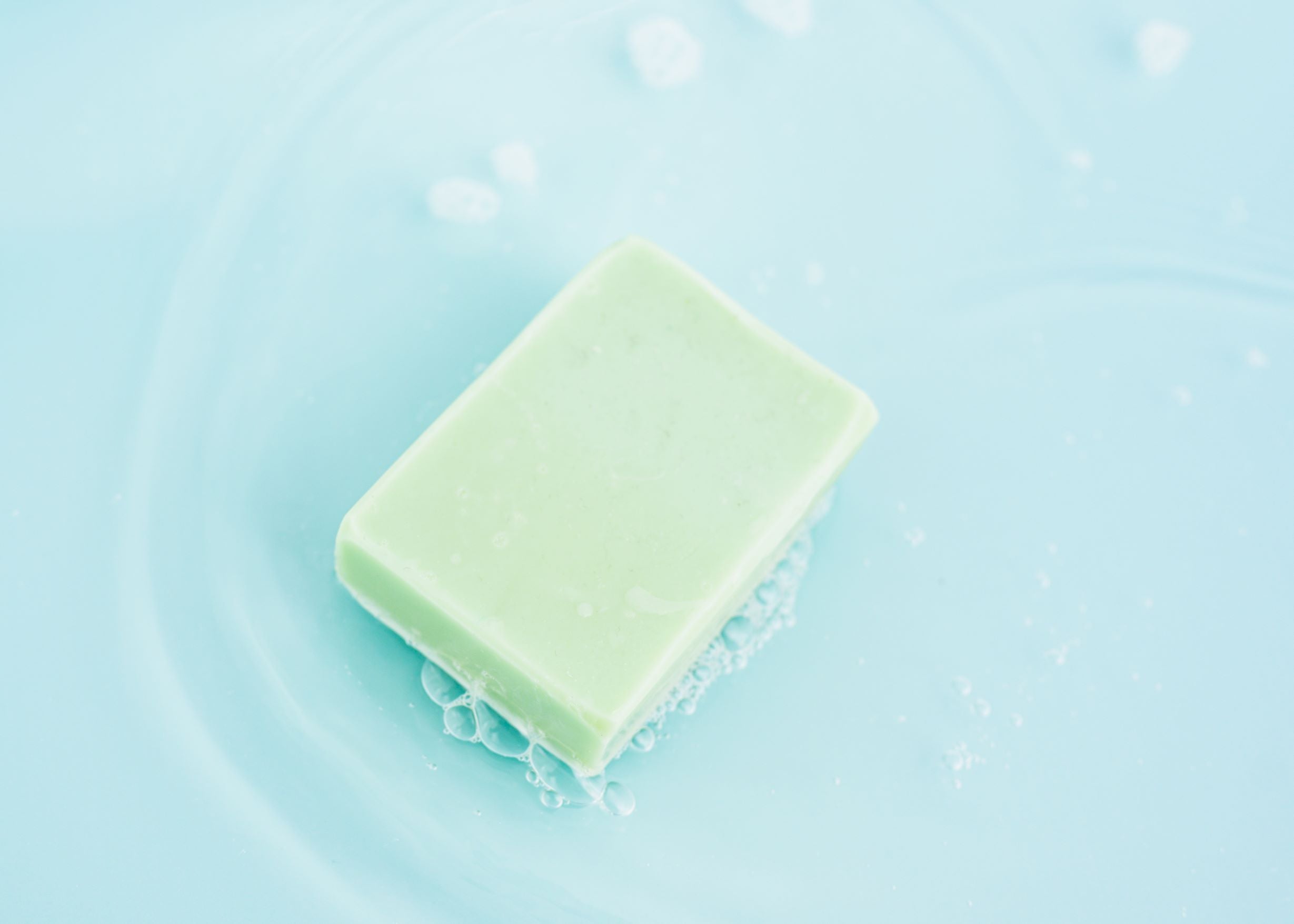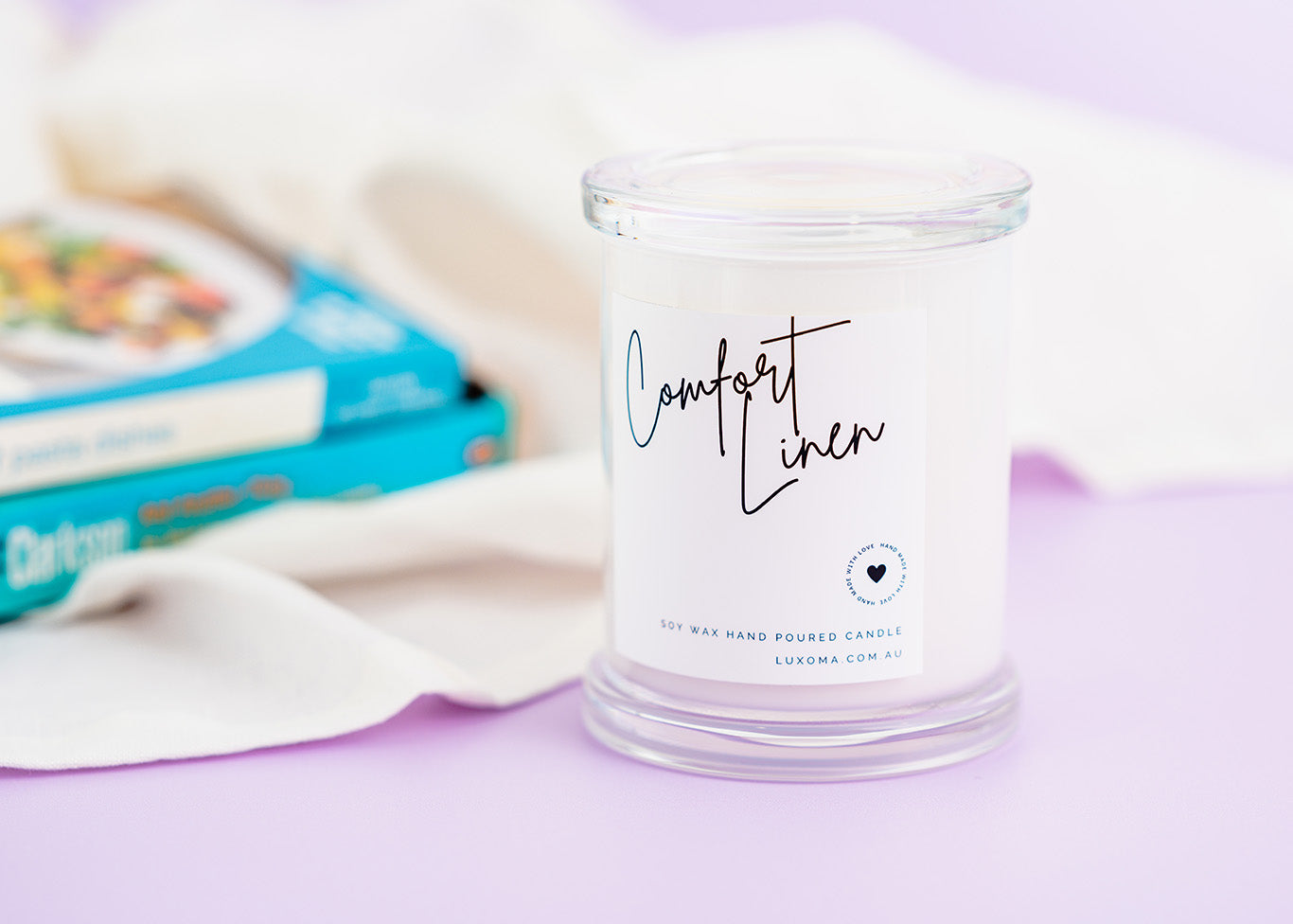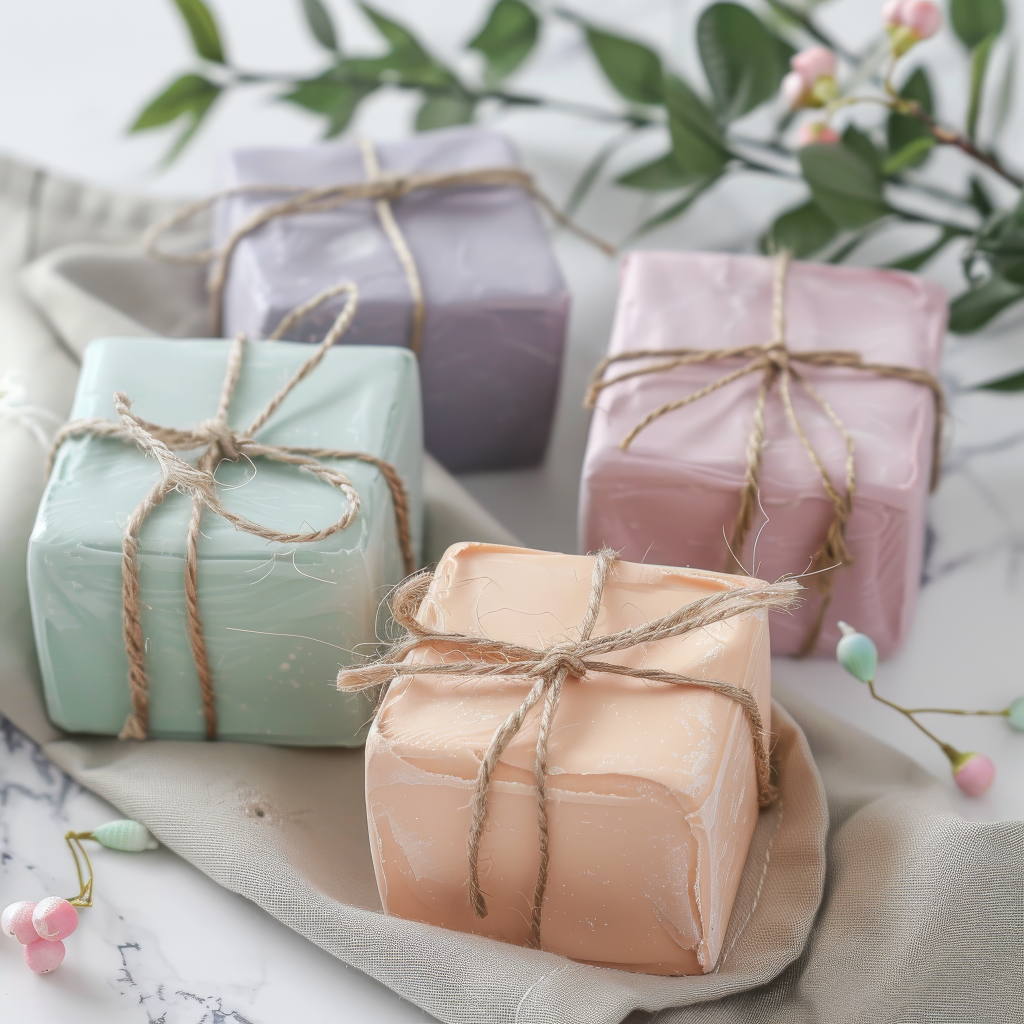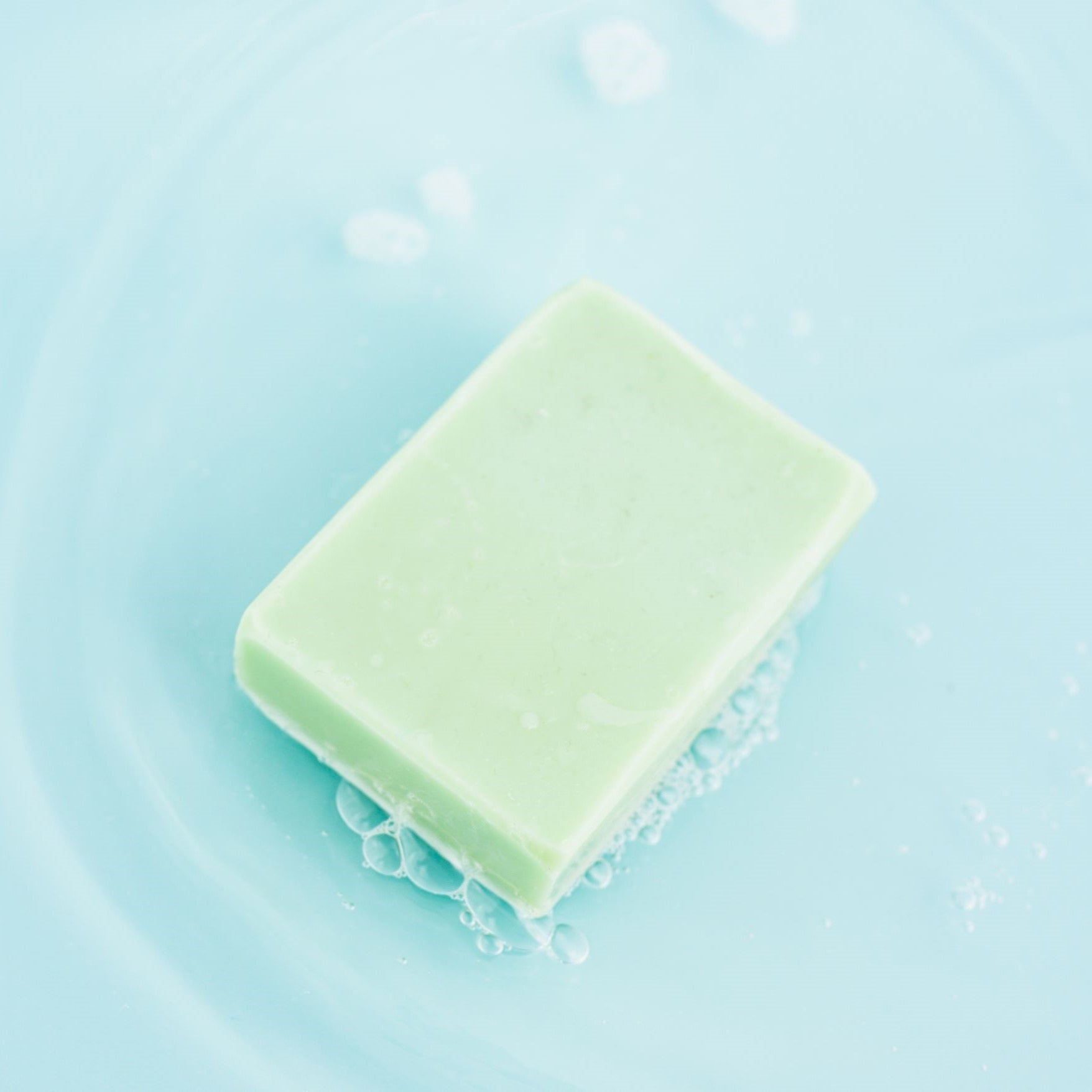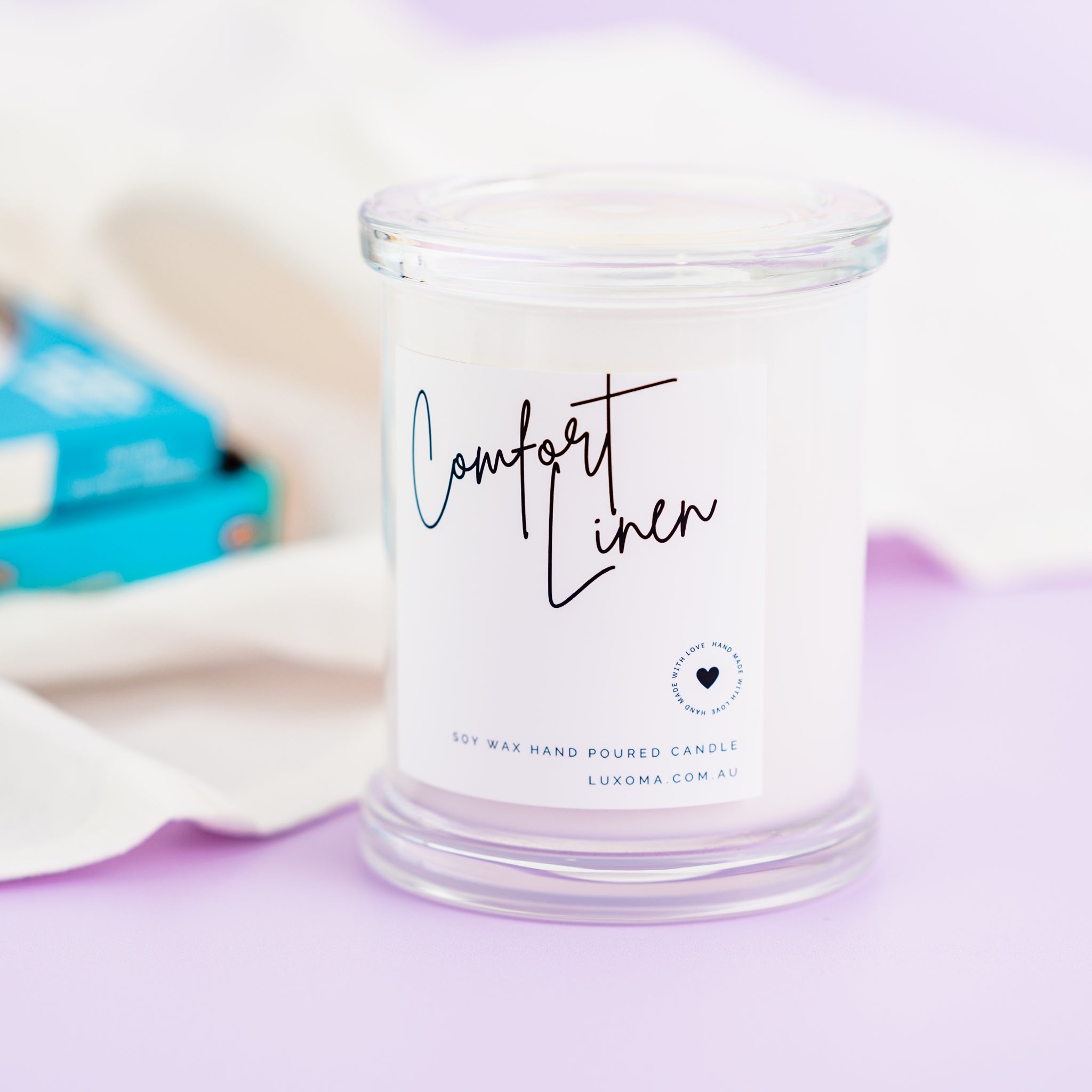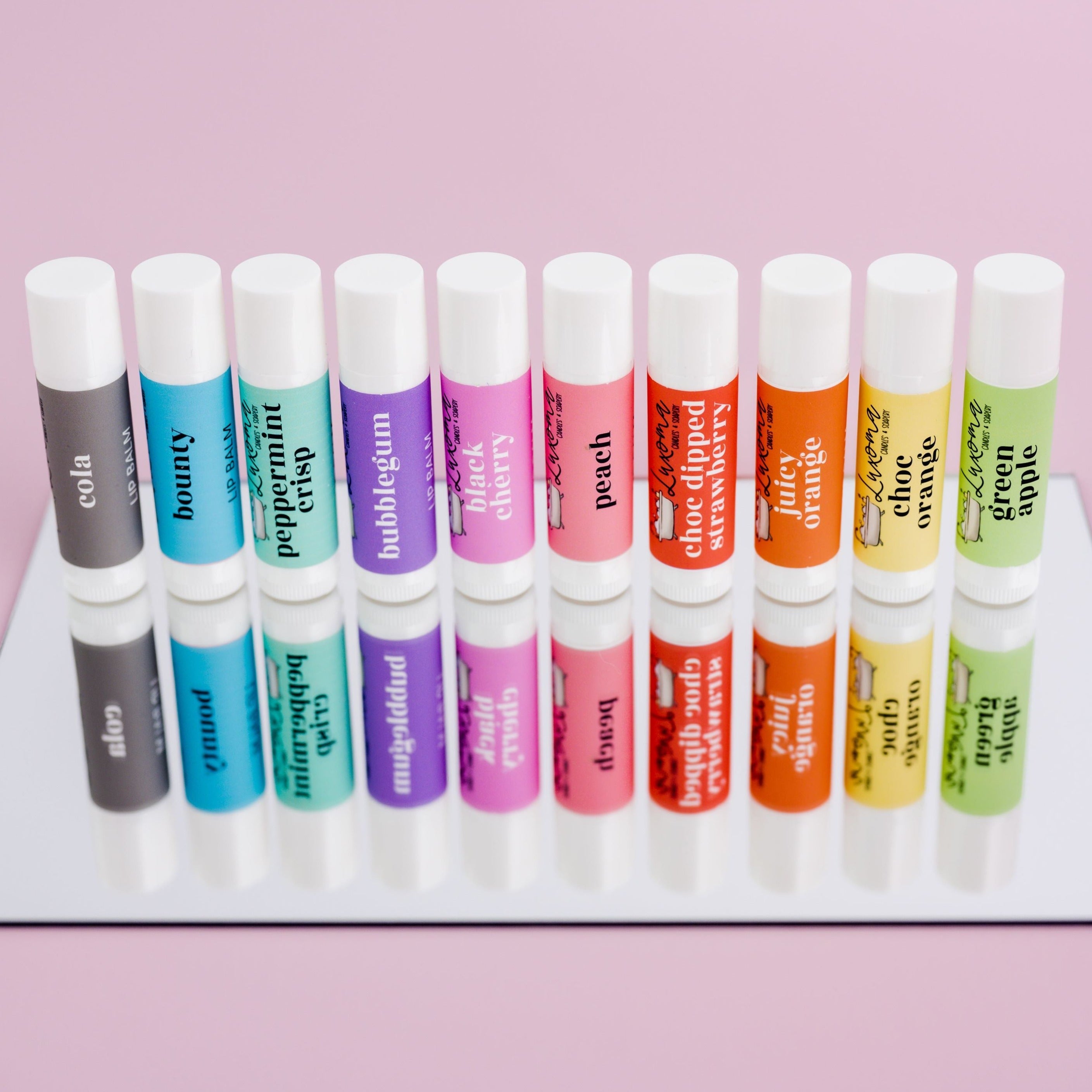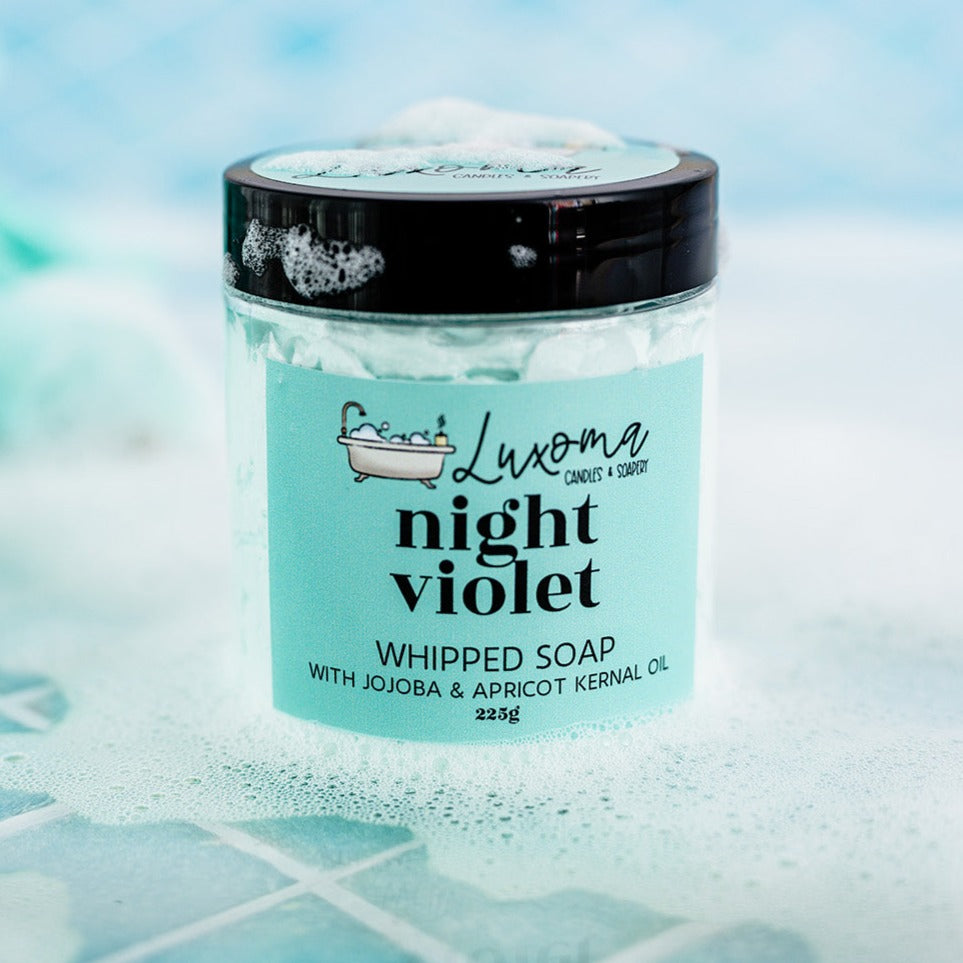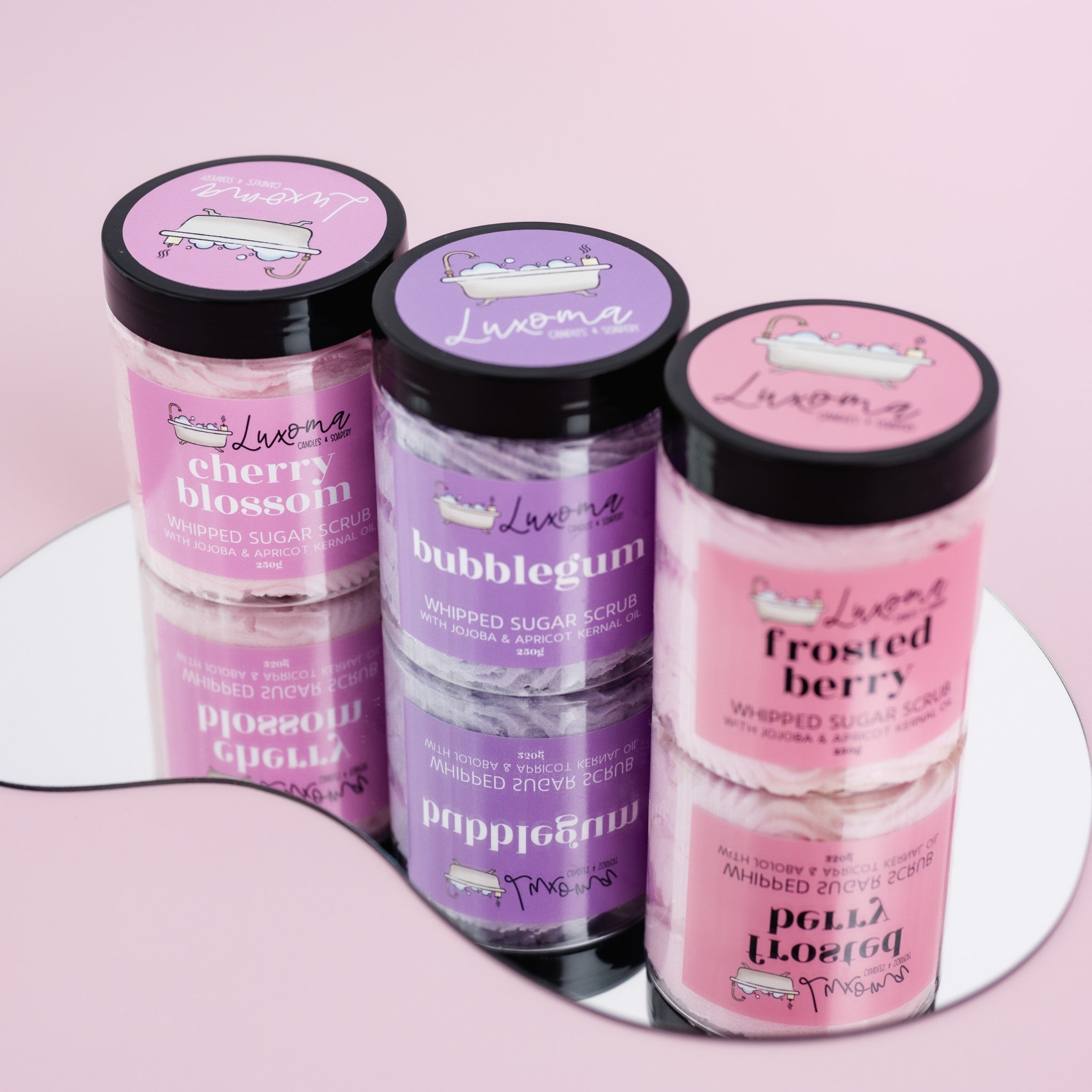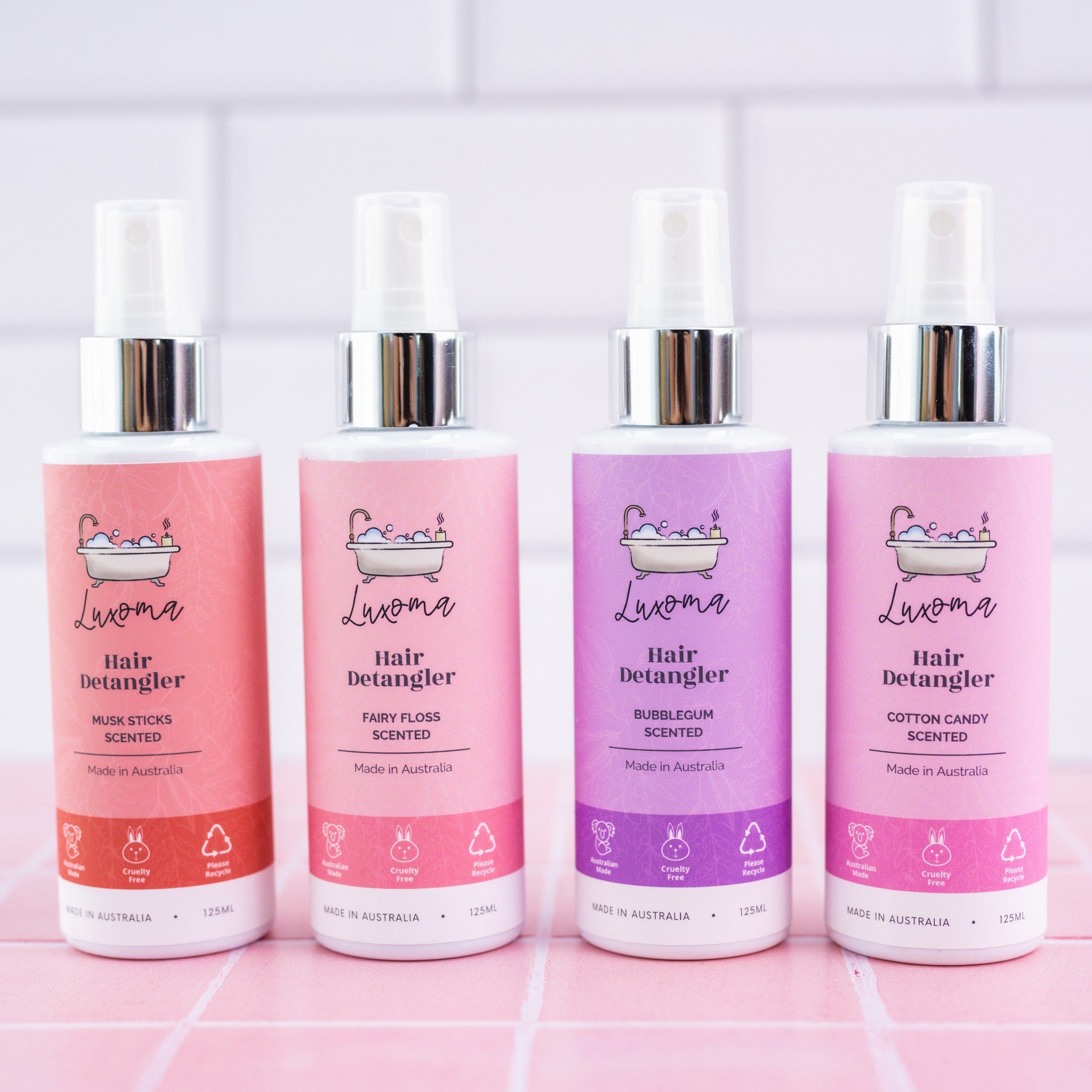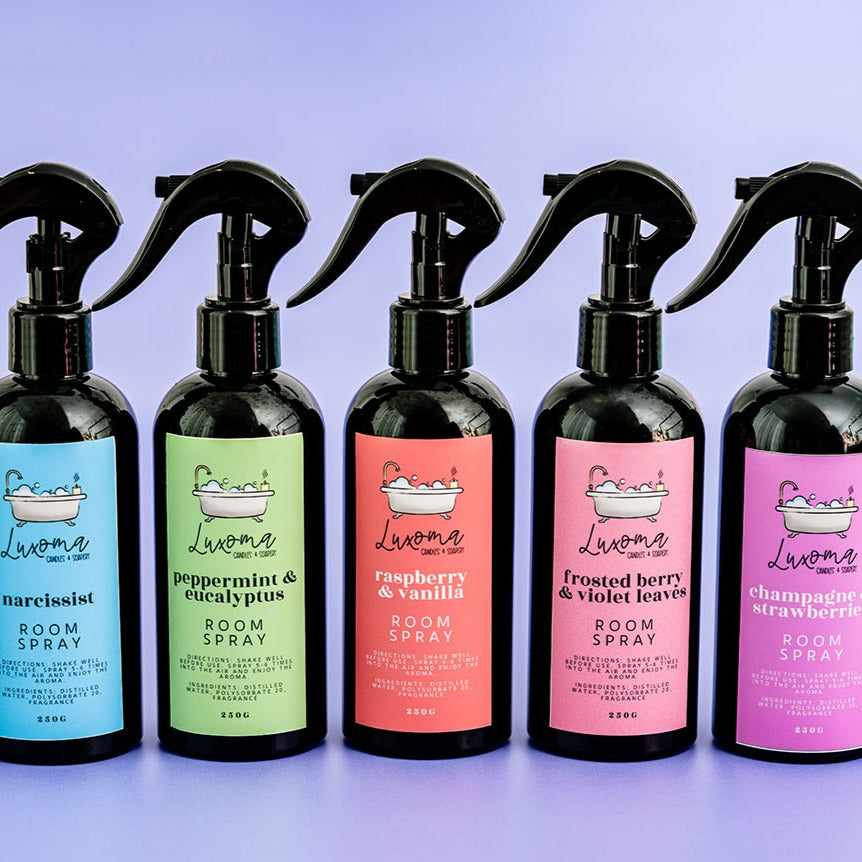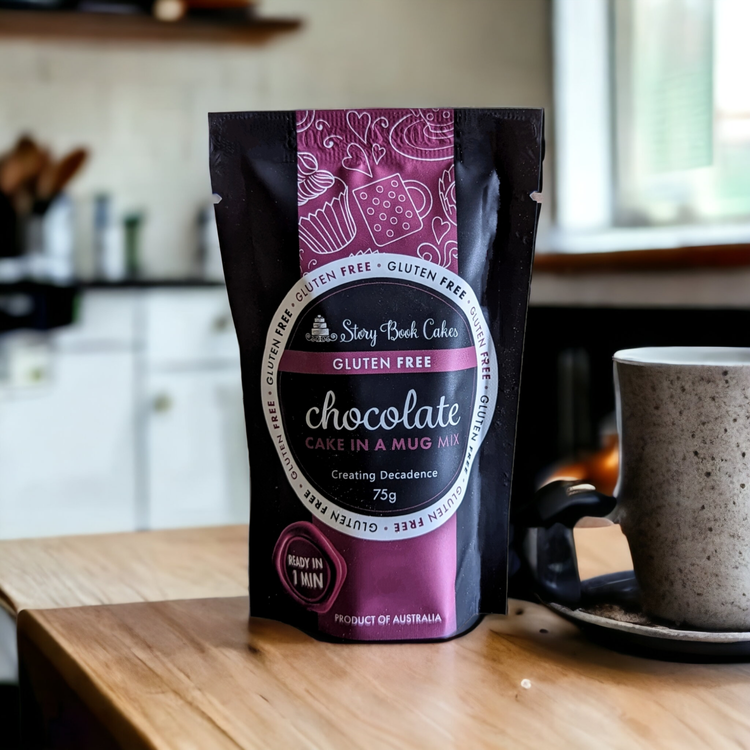In the world of skincare, there's something special about the art of crafting handmade soap. Step into the realm of natural skincare and discover the beauty and benefits that come with it. Handmade soap is not just a luxurious indulgence; it's a way to nourish and pamper your skin with the goodness of nature.
At [Brand Name], we believe in the power of nature's ingredients and the artistry of handcrafted products. Our handmade soaps are carefully formulated using only the finest natural ingredients to provide your skin with gentle cleansing and hydration. Each bar is a masterpiece, meticulously crafted to perfection.
What sets handmade soap apart? Unlike mass-produced commercial soaps, handmade soap retains the natural glycerin, which helps to moisturize and soften your skin. Moreover, handcrafted soaps are infused with essential oils and botanical extracts that not only delight your senses but also bring additional skincare benefits.
Experience the difference that handmade soap can make in your skincare routine. Embrace the beauty and benefits of natural skincare and discover a new level of indulgence for your skin. Let nature's ingredients work their magic and transform your daily cleansing experience into a luxurious ritual. Get ready to fall in love with the art of handmade soap.
Benefits of using handmade soap
Handmade soap offers a range of benefits for your skin that mass-produced commercial soaps simply cannot match. Unlike commercial soaps that strip your skin of its natural oils, handmade soap retains the natural glycerin, which helps to moisturize and soften your skin. This makes handmade soap ideal for those with dry or sensitive skin.
Furthermore, handcrafted soaps are infused with essential oils and botanical extracts that not only delight your senses but also bring additional skincare benefits. Lavender essential oil, for example, has calming properties that can help soothe irritated skin, while tea tree oil has antibacterial properties that can combat acne.
Handmade soap also allows you to avoid harsh chemicals and synthetic fragrances that are often found in commercial soaps. Instead, you can enjoy the natural scents and colors derived from plant-based ingredients. This not only makes the soap more appealing but also reduces the risk of skin irritation or allergies.
Ingredients used in handmade soap
One of the key aspects of handmade soap is the use of high-quality natural ingredients. These ingredients not only provide skincare benefits but also contribute to the overall beauty and uniqueness of each bar. Common ingredients found in handmade soap include oils such as olive oil, coconut oil, and shea butter, which provide moisture and nourishment to the skin.
Natural additives such as herbs, clays, and botanical extracts are often incorporated into handmade soaps for their additional skincare benefits. For example, chamomile flowers can soothe sensitive skin, while activated charcoal can draw out impurities and toxins.
It's important to note that handmade soap is made through a process called saponification, which involves combining oils and a lye solution. The lye is used to convert the oils into soap and glycerin. However, during this process, the lye is completely consumed, resulting in a safe and gentle soap that is suitable for everyday use.
Step-by-step guide to making handmade soap
Making handmade soap can be a rewarding and creative process. Here's a step-by-step guide to help you get started:
1. Gather your ingredients: Choose high-quality oils, such as olive oil, coconut oil, and shea butter, as the base for your soap. Select additional ingredients such as essential oils, herbs, or botanical extracts to add fragrance and skincare benefits.
2. Prepare your workspace: Make sure your workspace is clean and organized. Put on protective gear, including gloves and safety goggles, to ensure your safety during the soap-making process.
3. Measure and melt the oils: Weigh out the oils according to your recipe and melt them together in a heatproof container. Use a double boiler or a microwave in short bursts to avoid overheating.
4. Prepare the lye solution: Weigh out the appropriate amount of lye and carefully add it to water, stirring until it dissolves completely. Make sure to follow safety precautions when working with lye and handle it with care.
5. Combine the oils and lye solution: Slowly pour the lye solution into the melted oils while stirring continuously. Use a stick blender or a whisk to mix the ingredients until they reach trace, a point where the mixture thickens to a custard-like consistency.
6. Add fragrance and additives: Once the soap reaches trace, add your chosen essential oils, herbs, or botanical extracts. Stir gently to distribute the fragrance and additives evenly throughout the soap mixture.
7. Pour and mold the soap: Pour the soap mixture into molds, tapping them gently on the countertop to remove any air bubbles. Smooth the surface of the soap with a spatula or a spoon.
8. Cure and unmold the soap: Allow the soap to cure in the molds for 24 to 48 hours. Once fully cured, gently remove the soap from the molds and place it on a drying rack. Let it cure for an additional 4 to 6 weeks, turning it occasionally to ensure even drying.
9. Enjoy your handmade soap: Once fully cured, your handmade soap is ready to use. Enjoy the luxurious feel and natural fragrance as you cleanse and nourish your skin.
Different types of handmade soap
Handmade soap offers a wide range of options to suit different preferences and skincare needs. Here are some popular types of handmade soap:
1. Castile soap: Made primarily from olive oil, castile soap is known for its gentle and moisturizing properties. It's suitable for all skin types, including sensitive skin.
2. Goat milk soap: Goat milk is rich in vitamins and minerals that nourish and hydrate the skin. Goat milk soap is often recommended for those with dry or sensitive skin.
3. Herbal soap: Herbal soaps are infused with a variety of herbs, such as lavender, chamomile, or rosemary, which offer additional skincare benefits and soothing aromas.
4. Exfoliating soap: Exfoliating soaps contain natural additives, such as ground coffee, oatmeal, or sea salt, which help to remove dead skin cells and promote a smoother complexion.
5. Shampoo bar: Shampoo bars are specially formulated for hair, offering a natural alternative to commercial shampoos. They cleanse the scalp without stripping away its natural oils.
Choosing the right scent for your handmade soap
The scent of handmade soap is an important aspect of the overall experience. The right fragrance can evoke a sense of relaxation, energize the senses, or transport you to a tranquil oasis. When choosing a scent for your handmade soap, consider the following:
1. Personal preference: Choose a scent that you enjoy and find pleasing. It could be a floral, citrus, herbal, or woody fragrance. Experiment with different scents to find the one that resonates with you.
2. Skincare benefits: Certain essential oils offer specific skincare benefits. For example, tea tree oil has antibacterial properties, while lavender oil has calming and soothing effects. Consider the additional benefits that different scents can provide for your skin.
3. Seasonal scents: Embrace the changing seasons by selecting scents that reflect the time of year. Citrus or floral scents are refreshing for spring and summer, while warm and spicy scents are perfect for fall and winter.
Remember, the scent of handmade soap is subtle and not overpowering like synthetic fragrances. It creates a sensory experience that enhances your daily skincare routine.
Packaging and presentation of handmade soap
The packaging and presentation of handmade soap play a significant role in attracting customers and creating a memorable experience. Here are some tips to consider:
1. Choose eco-friendly packaging: Opt for packaging materials that are sustainable and environmentally friendly. Recyclable or biodegradable options, such as kraft paper or glass jars, are ideal for showcasing your handmade soap.
2. Label your soap: Clearly label your soap with its name, ingredients, and any additional information, such as fragrance or skincare benefits. This helps customers make informed choices and adds a professional touch to your products.
3. Enhance visual appeal: Use colors, textures, and patterns in your packaging to make your handmade soap visually appealing. Consider adding decorative elements, such as dried flowers or ribbons, to create an eye-catching presentation.
4. Include product information: Provide customers with information about the benefits of handmade soap and how to use it effectively. This educates customers and builds trust in your brand.
Remember, the packaging is an extension of your brand and should reflect the quality and craftsmanship of your handmade soap.
Selling handmade soap online and at craft fairs
Once you've perfected your handmade soap, it's time to share it with the world. Selling handmade soap can be done both online and at craft fairs. Here are some tips to help you get started:
1. Create an online presence: Set up a website or an online store to showcase your handmade soap. Include high-quality product photos, detailed descriptions, and an easy-to-use ordering system.
2. Utilize social media: Harness the power of social media platforms, such as Instagram, Facebook, and Pinterest, to promote your handmade soap. Share captivating images, engage with your audience, and offer exclusive discounts or promotions.
3. Collaborate with influencers: Partner with influencers or bloggers who align with your brand values and target audience. Their endorsement can help increase brand visibility and attract new customers.
4. Participate in craft fairs and markets: Rent a booth at local craft fairs or farmers' markets to showcase your handmade soap. Engage with customers, offer samples, and provide information about your products.
5. Offer personalized options: Consider offering custom or personalized handmade soap options. This adds a unique touch and allows customers to create a personalized skincare experience.
Remember, building a successful business takes time and effort. Be patient, listen to customer feedback, and continuously improve your products and marketing strategies.
Handmade soap as a business opportunity
The art of crafting handmade soap not only offers a way to indulge in natural skincare but also presents a business opportunity. With the growing demand for natural and artisanal products, selling handmade soap can be a profitable venture. Here are some considerations for starting a handmade soap business:
1. Research and planning: Conduct market research to understand the demand for handmade soap in your target market. Develop a business plan that outlines your goals, target audience, pricing strategy, and marketing tactics.
2. Compliance and safety: Familiarize yourself with the regulations and guidelines for selling handmade soap in your country or region. Ensure that your products meet safety standards and are properly labeled.
3. Branding and marketing: Create a unique brand identity that resonates with your target audience. Build a strong online presence through social media, a website, and email marketing. Consider collaborating with influencers or partnering with like-minded businesses to expand your reach.
4. Scaling up production: As demand for your handmade soap grows, you may need to increase your production capacity. Invest in equipment, such as soap molds and mixers, to streamline your production process.
5. Building customer loyalty: Offer exceptional customer service, provide a seamless ordering experience, and reward loyal customers with incentives or discounts. Encourage customer reviews and testimonials to build trust and credibility.
Remember, running a handmade soap business requires dedication, creativity, and a passion for skincare. Stay committed to producing high-quality products and delivering an exceptional customer experience.
Conclusion: Embracing natural skincare with handmade soap
Handmade soap is more than just a cleansing product; it's an art form that celebrates the beauty and benefits of natural skincare. By using handmade soap, you can nourish and pamper your skin with the goodness of nature, while avoiding harsh chemicals and synthetic fragrances found in commercial soaps.
The art of crafting handmade soap allows you to create unique and luxurious products that delight the senses and provide additional skincare benefits. From choosing the right ingredients to experimenting with scents and presentation, each bar of handmade soap is a testament to your creativity and craftsmanship.
Whether you're a skincare enthusiast looking to enhance your daily routine or an aspiring entrepreneur seeking a business opportunity, handmade soap offers a world of possibilities. Embrace the beauty and benefits of natural skincare, and let the art of handmade soap transform your skincare routine into a luxurious ritual. Discover the magic that lies within nature's ingredients and indulge in the artistry of handcrafted soap.

